Promoting Authenticity in Cultural Guide Certifications
Chosen theme: Promoting Authenticity in Cultural Guide Certifications. Join us as we explore how real voices, verifiable standards, and respectful practices create trustworthy cultural guiding. Subscribe, comment, and help shape standards that honor living heritage.
Why Authenticity in Certification Matters
When visitors know a guide’s certification reflects genuine knowledge and consented narratives, they listen differently. Trust opens space for curiosity, correction, and deeper understanding—far beyond surface-level sightseeing or scripted performances.
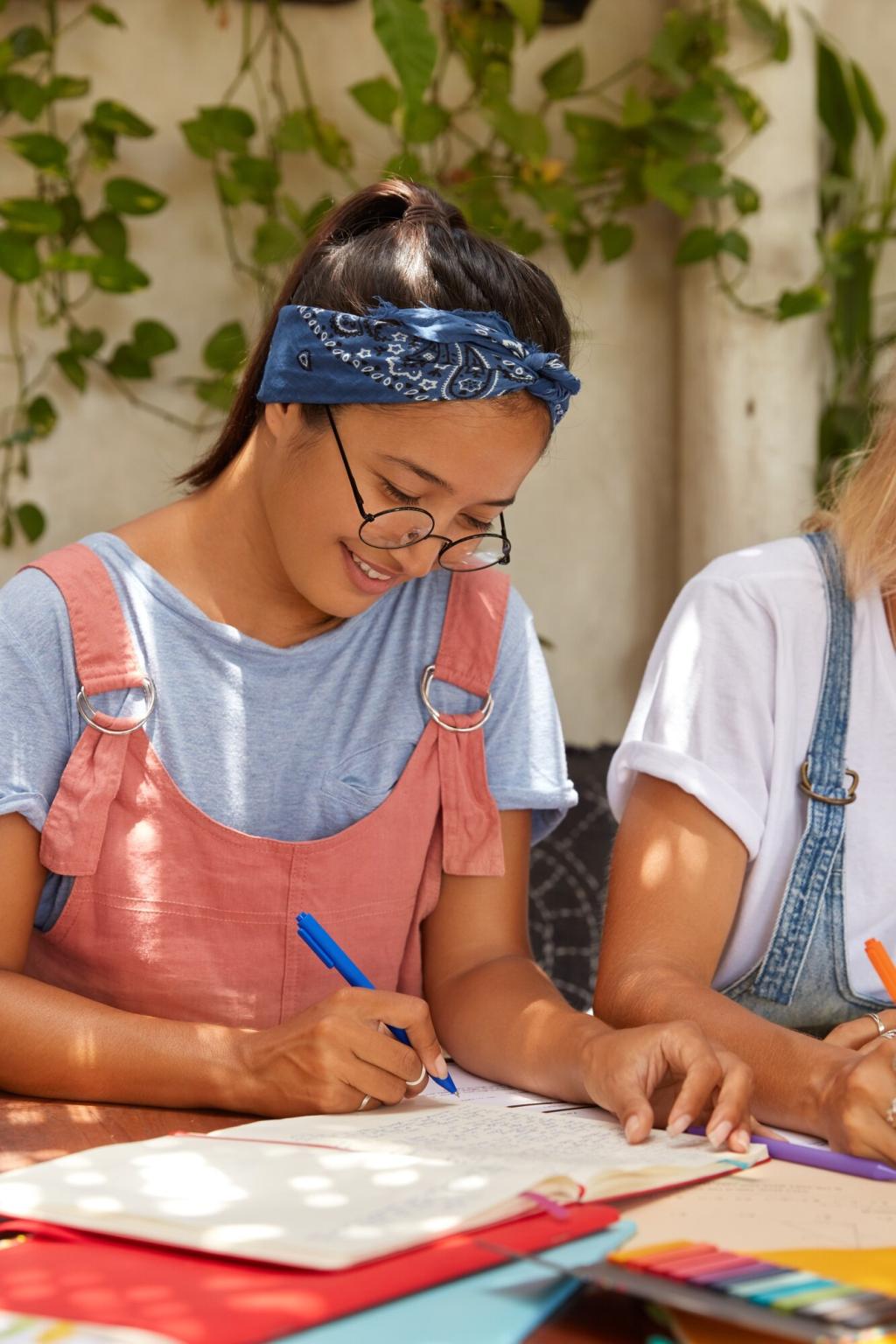
Panels with Elders and Knowledge Keepers
Certification boards should include elders, youth culture bearers, language custodians, and historians. Their presence shifts authority from distant institutions to lived experts, ensuring exams and criteria reflect real protocols and priorities.
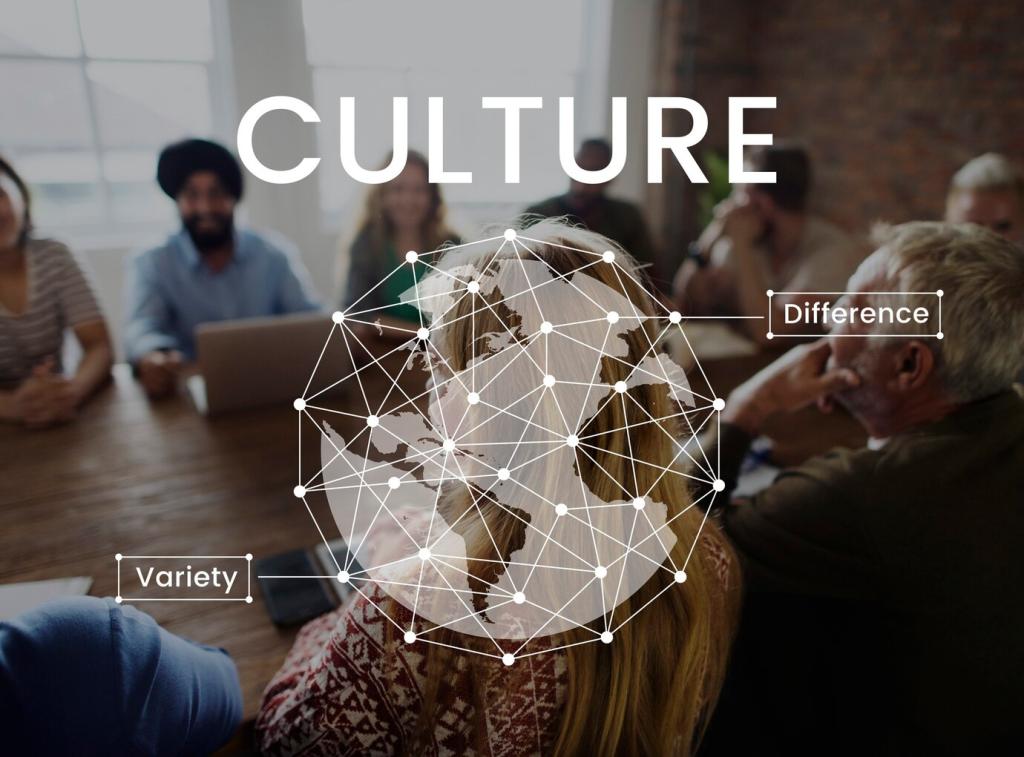
Language and Place-Based Knowledge
Authenticity grows when guides demonstrate place-specific understanding—local names, seasonal customs, and nuanced histories. Certification should test language sensitivity, pronunciation, and context, not just rote facts pulled from generic guidebooks.

Consent and Protocols at the Core
Some stories require permission, some spaces are sacred, and some practices should not be photographed. Authentic certification embeds these protocols, educating guides to ask, pause, or refuse when ethics demand restraint.
Training That Cultivates Integrity and Skill
Guides explore bias, power dynamics, and the risks of romanticization. Case studies highlight what happens when narratives are simplified or sensationalized, equipping guides to correct themselves publicly with humility and care.

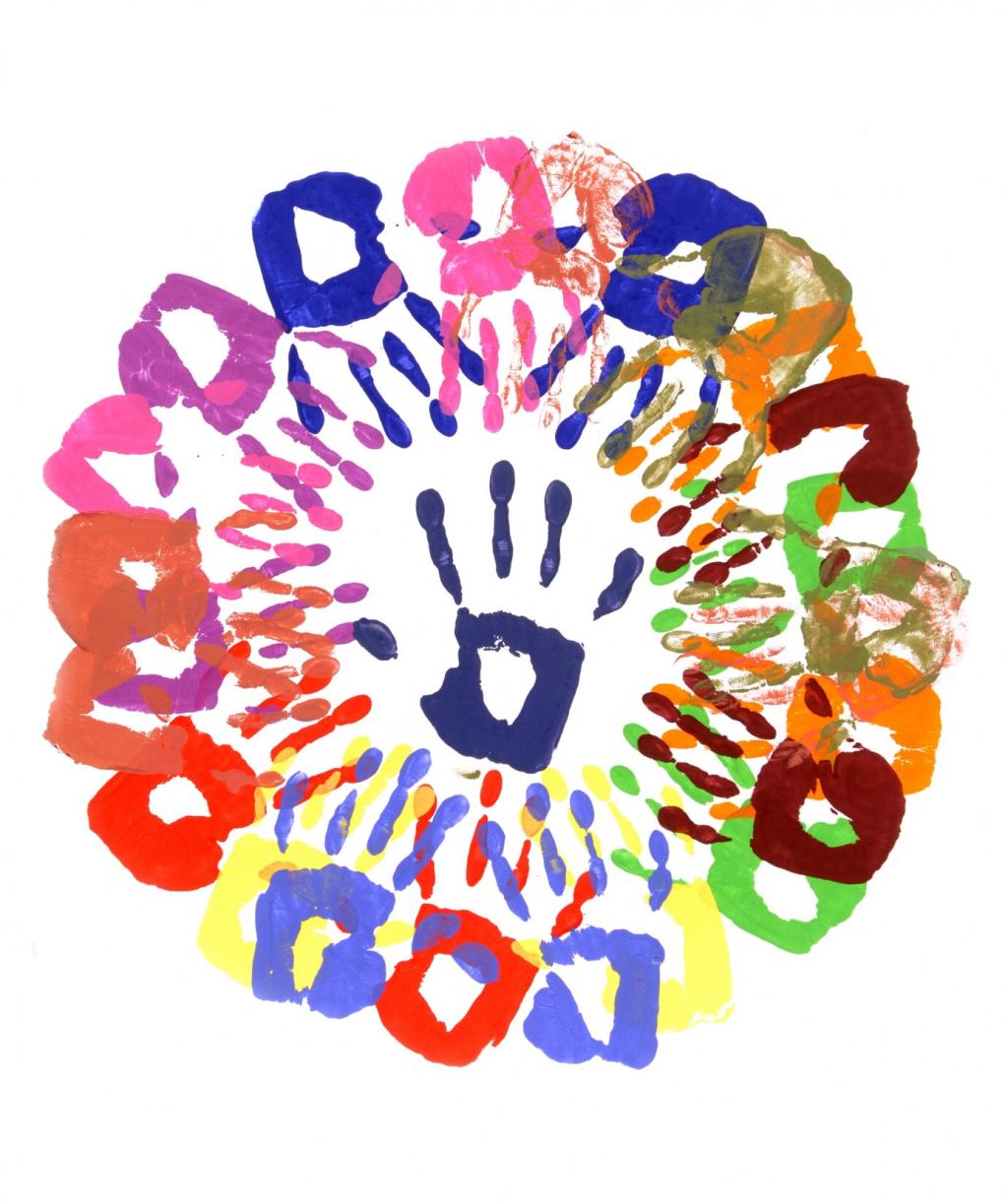
Mixed-Method Evaluation
Combine oral exams, scenario simulations, and live guiding observations. Add community interviews and traveler feedback to avoid box-ticking. This triangulation uncovers nuance that written tests alone inevitably miss.
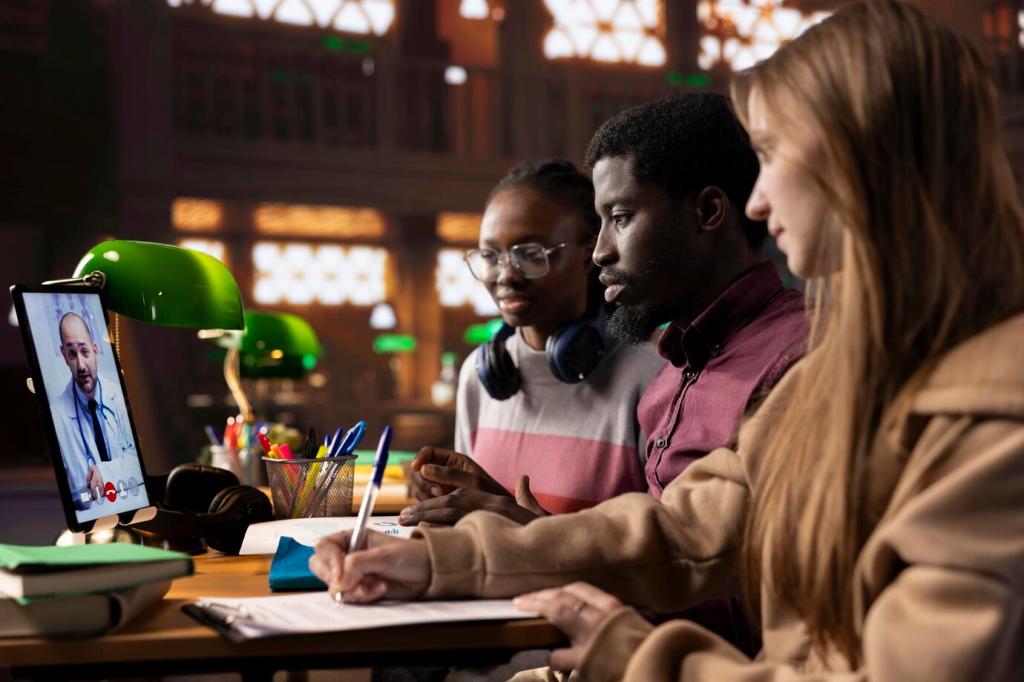
Community Feedback Loops
Establish clear channels where elders and residents can flag inaccuracies or protocol breaches without retaliation. Certification bodies should publish responses, remedial actions, and timelines to rebuild trust transparently.

Re-Certification and Continuous Learning
Cultures evolve; certifications should too. Require periodic renewal, continuing education credits, and updated consent agreements. Renewal signals humility, ensuring guides stay aligned with living voices and current understandings.
Technology That Supports Transparency
QR-enabled badges link to public records detailing training hours, mentors, protocols, and renewal dates. Visitors can confirm a guide’s standing instantly, reducing confusion and discouraging counterfeit credentials or overstated claims.
Technology That Supports Transparency
Guides can cite narrative sources with community-approved annotations. Version histories show updates after feedback, signaling accountability. Transparency transforms corrections from embarrassment into visible commitments to ethical storytelling.
Technology That Supports Transparency
Anonymous reporting portals and audit algorithms flag suspicious patterns, like expired badges or plagiarized scripts. But every alert must route to human review, keeping dignity and due process at the heart.
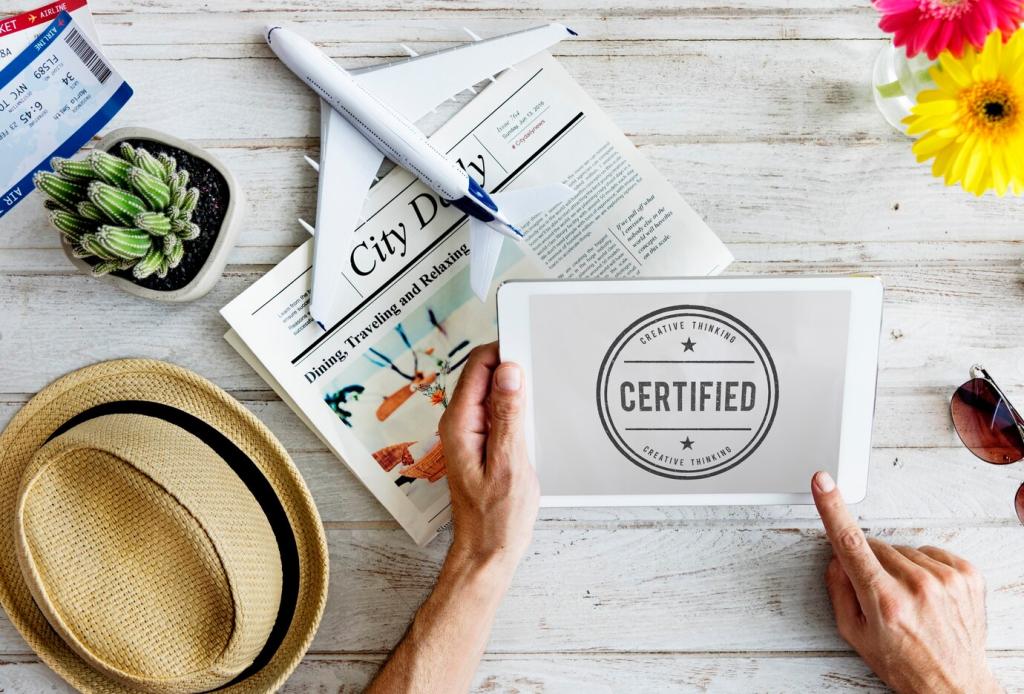
A Field Story: Course Correction in Real Time
In Oaxaca, a guide named Marisol paused mid-tour when an elder gently corrected a festival origin story. She thanked him publicly, amended her script, and invited participants to hear the elder’s version directly.
Take Action: Travelers, Guides, and Institutions
01
Traveler’s Verification Checklist
Before booking, scan the guide’s badge, read their community endorsements, and note renewal dates. Ask how they handle sensitive topics. Your questions encourage transparency and reward guides who do the work.
02
Guide’s Authenticity Pledge
Adopt a pledge to verify stories, seek consent, and correct errors in public. Share your pledge with peers and invite critiques. Accountability is easier when it is communal, visible, and celebrated.
03
Institutional Partnerships
Museums, DMOs, and tour platforms can require authentic certification, sponsor mentorships, and fund community review panels. Partner with local councils. Then publish outcomes so others can replicate effective models responsibly.
